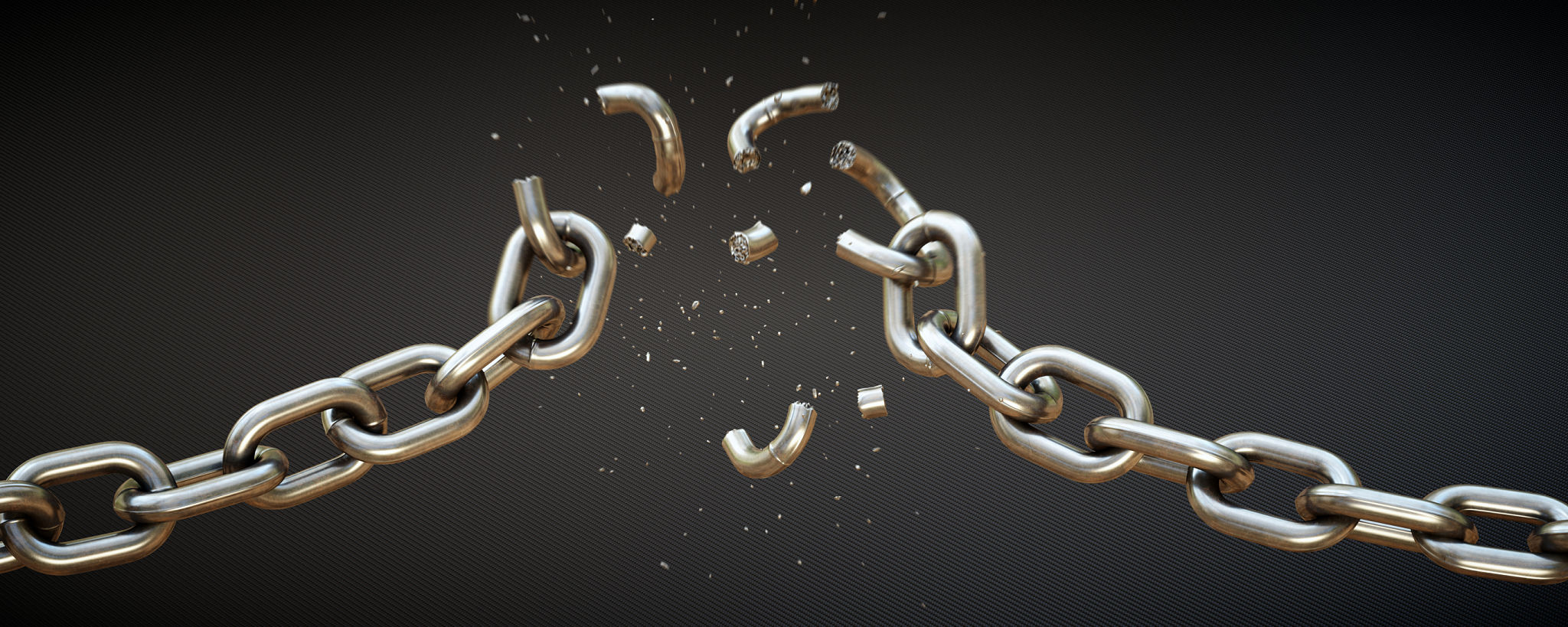"The Truth Shall Set You Free"
What If We Just Told the Truth? The Quiet Crisis of Withholding in Human Connection
By Candace Goodman | The Good Blog
It always starts the same way.
A glance held just a second too long. A question half-answered. A promotion passed over with no explanation. A child asking something difficult, and the parent saying, “You’ll understand when you’re older.”
We live in a world stitched together by things unsaid. And somehow, we’ve come to believe this is how it’s supposed to be.
But what if it’s not?
What if withholding isn’t a sign of strength, wisdom, or maturity—but a glitch in the human operating system? What if connection, real connection, is hiding in the things we refuse to say?
The Science of the Silence
Psychologists call it the Mum Effect—our collective tendency to withhold information that might cause discomfort, embarrassment, or conflict. We think silence protects people. But research from Harvard, MIT, and the University of Chicago reveals the opposite: it isolates us.
A study from the Stanford Behavioral Lab showed that when employees withheld feedback—either to avoid hurting feelings or to maintain an upper hand—team performance plummeted. Productivity dropped. Trust dissolved. Creativity vanished.
In romantic relationships, the effect is even more pronounced. According to the Gottman Institute, couples who regularly avoid difficult conversations are 80% more likely to break up within five years. Why? Because unresolved truths metastasize. They become assumptions. And assumptions kill intimacy.
But we don’t just withhold to protect others. We withhold to protect ourselves—from rejection, from vulnerability, from the terrifying possibility that, once revealed, our truth might not be accepted.

The Glitch in the Code
Picture this:
A newly hired employee at a Fortune 500 company is handed a laptop and a vague job description. “You’ll figure it out,” says their boss. Meanwhile, two offices down, another colleague knows exactly what to do—but won’t share. “They need to struggle a bit,” the colleague shrugs. “It builds character.”
Or a teenage boy, watching his father drink in silence every night, senses there’s something dark in his family history—but every time he asks, the room goes quiet. Later, he repeats the same silence with his own son, like an invisible inheritance.
Or two people on a date. One already knows they aren’t emotionally available. But instead of saying that, they smile, nod, and leave the other to guess what went wrong. Was it something I said? Was I not enough?
This isn’t rare. This is everywhere.
And the worst part? We’ve accepted it as normal.

Why We Don’t Say It
According to Dr. Brené Brown, “We armor up.” We use silence like a shield. Not because we’re cruel, but because we’re scared.
Scared that honesty will hurt someone. Scared that it will undo us. Scared that we’ll lose control.
Behavioral economists argue that people withhold in high-stakes environments (like boardrooms or marriages) because transparency levels the playing field. If I give you the map, we arrive at the destination together. But if I withhold it—I arrive first.
Power loves a secret.
But here’s what we’ve learned from studying the most successful teams, marriages, and families: the ones that thrive share more, not less. They overcommunicate. They risk discomfort. They say the thing. Because clarity is love. And silence? Silence is decay.

The Unseen Cost
We’ve built an entire world on half-truths and withheld truths. It's not that we lie—it’s that we never say the whole thing.
But what if we did?
What if the coach didn’t let their player “figure it out,” but said, “Here’s exactly what greatness looks like in you”?
What if the CEO stood in front of their team and said, “We’re not okay. But I trust us to get there”?
What if, instead of playing the long game in dating, someone looked across the table and said, “Here’s what I need. What about you?”
What if parents told their children, “I was scared once too”?
It’s easy to imagine a world like this unraveling into chaos. But that’s a myth—a fear story we tell ourselves to justify the status quo.
Because truth doesn’t break us. It binds us.

The Thought Experiment
Now, pause. Imagine a world that ran on truth.
Imagine a school where teachers openly shared not just grades, but how the system works. A workplace where leadership meetings were livestreamed. A dinner table where every “How was your day?” was answered with the real answer.
Would it be messy? Absolutely. But would it be better?
Maybe not at first. Maybe people would flinch, cry, storm out. But then—maybe they’d breathe deeper. Sleep sounder. Finally feel seen.
We don’t have global data for what happens when everyone tells the truth. It’s never been done. Not at scale. Not in history. We’ve always been too scared of the cost.
But what if the cost of not doing it is even higher?

The Ending That’s Not
This is the part of the story where you expect a conclusion. A “so here’s what to do.” A resolution.
But life isn’t scripted. We’re all improvising.
So here’s what I’ll say instead:
Try it. Say the thing. The small one. The big one. The scary one.
Give someone the answer you wish you had gotten.
If it feels unfamiliar, it should. You’re breaking a thousand-year cycle. You’re rewriting the code.
Not everyone will join you. That’s okay.
But one person will.
And that’s where the real change begins—not in silence, but in saying it out loud.
— Candace Goodman, The Good Blog
Truth is a revolution. Whisper it. Then shout.
